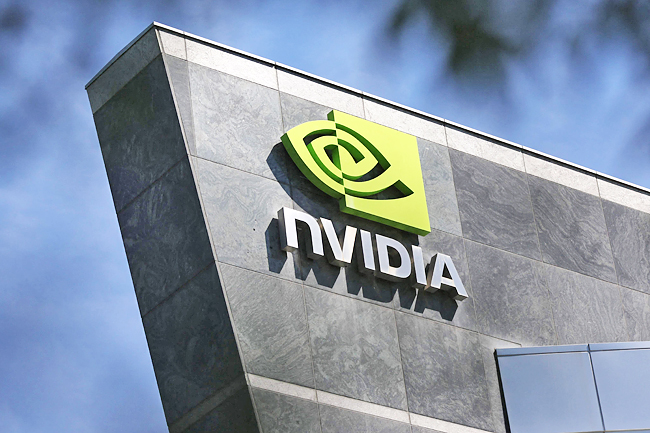
BLOOMBERG – Commerce Secretary Gina Raimondo said the US is looking into the specifics of three new artificial intelligence accelerators that Nvidia Corp is developing for China, after vowing earlier this month to restrict any new chips that give the Asian country AI capabilities.
“We look at every spec of every new chip, obviously to make sure it doesn’t violate the export controls,” she said in an interview Monday with Bloomberg News during a visit to Nashua, New Hampshire.
“We talk to Nvidia regularly, and I should say they’re a good partner,” she added. “We have a close working relationship with them. They share information.”
When asked about the US actions, Chinese Foreign Ministry spokeswoman Mao Ning said Tuesday they “undermine the legitimate rights and interests of Chinese companies and will not be conducive to the stability of the global and industrial supply chains.”
She added at a regular press briefing in Beijing that the moves contradicted “the principles of market economy and fair competition.”
Nvidia, based in Santa Clara, California, is in the process of developing China-specific chips after the US tightened export controls to block the export of semiconductors the company had earlier designed for China. The new processors abide by the stricter China guidelines that Commerce announced earlier this fall, Chief Executive Officer Jensen Huang told reporters in Singapore last week.
In response to Raimondo’s latest remarks, Nvidia said it was working with the US government following its clear rules and looking to “offer compliant data centre solutions to customers worldwide.”
Raimondo warned companies this month that the US can and will further tighten controls to capture new technologies that could give Beijing an edge. “If you redesign a chip around a particular cut line that enables them to do AI, I’m going to control it the very next day,” she said at the Reagan National Defence Forum in California.
The Commerce Department declined to comment on whether it plans to restrict Nvidia’s new chips but reiterated that it will continually update rules to respond to an evolving threat.



